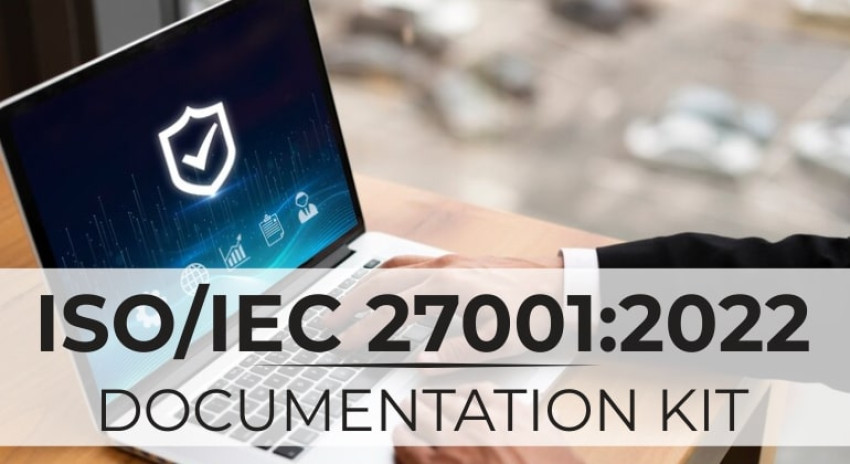
In today's digital age, protecting information assets is paramount for organizations of all sizes. The ISO 27001 standard, recognized globally, provides a framework for establishing robust information security management systems (ISMS). Achieving ISO 27001 certification demonstrates an organization's commitment to information security and can offer numerous benefits, including enhanced brand reputation, improved client trust, and reduced security risks.
However, navigating the path to ISO 27001 certification demands meticulous planning and execution. While implementing effective security controls is crucial, comprehensive documentation plays an equally vital role in achieving success.
Why is Documentation Essential for ISO 27001?
• Demonstrates Compliance: During the certification audit, the organization needs to provide demonstrable evidence of its adherence to the ISO 27001 requirements. Well-maintained documentation serves as tangible proof of these efforts, allowing auditors to assess the effectiveness of the ISMS.
• Facilitates Implementation and Maintenance: Detailed documentation guides the implementation of security controls, ensures consistency, and simplifies the process of maintaining the ISMS over time.
• Enhances Communication and Awareness: Clear and comprehensive documentation fosters better communication and understanding of information security policies and procedures across all levels of the organization.
• Supports Continuous Improvement: Effective documentation enables regular reviews and revisions of the ISMS, facilitating continuous improvement and adaptation to evolving security threats.
Key Documents for ISO 27001 Certification:
The specific documents required for ISO 27001 certification can vary depending on the organization's size, industry, and risk profile. However, some mandatory documents are essential for all organizations:
• Scope of the ISMS: Defines the boundaries and applicability of the ISMS within the organization.
Information Security Policy: Outlines the organization's overall information security strategy, objectives, and management commitment.
• Risk Assessment and Treatment Plan: Identifies potential information security risks, assesses their likelihood and impact, and outlines mitigation strategies.
• Statement of Applicability: Specifies which controls from ISO 27001 Annex A are implemented and why certain controls are not applicable.
• Inventory of Assets: Lists all information assets owned or handled by the organization.
• Acceptable Use Policy: Defines acceptable and unacceptable behaviors regarding information access and use.
• Access Control Policy: Establishes guidelines for granting, revoking, and monitoring access to information assets.
• Incident Management Procedure: Defines the process for identifying, reporting, investigating, and resolving information security incidents.
• Business Continuity Plan: Outlines strategies for restoring critical business operations following a disruptive event.
Beyond Mandatory Documents:
While these core documents form the foundation, organizations can also create additional documentation to support the ISMS, such as:
• Procedures for specific security controls
• Training records
• Internal audit reports
• Records of management reviews
Developing Effective Documentation:
• Clear and Concise: Documents should be written in clear, concise language, understandable to individuals across different departments and technical backgrounds.
• Accessible and Up-to-date: Documentation needs to be readily accessible to relevant personnel and regularly reviewed and updated to reflect changes in the organization or its security environment.
• Version Control and Approval Process: A systematic process for version control and approval ensures consistency and helps avoid confusion.
Conclusion:
Comprehensive and well-maintained documentation is not just a requirement for ISO 27001 certification; it's an invaluable tool for establishing and maintaining an effective information security posture. By investing in robust ISO 27001 documentation practices, organizations can demonstrate their commitment to information security, streamline their ISMS implementation, and ultimately achieve long-term success in securing their information assets. implementation, and ultimately achieve long-term success in securing their information assets.


